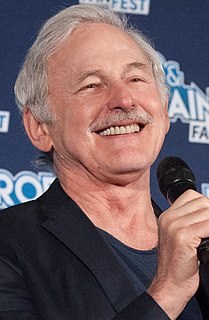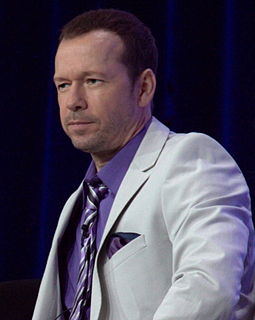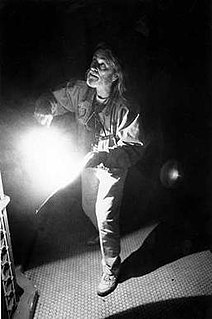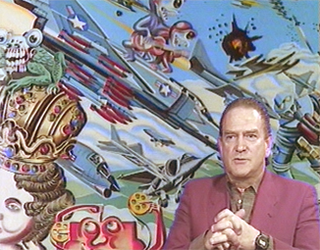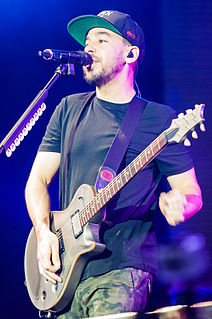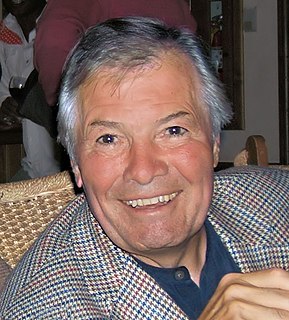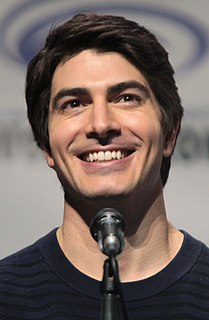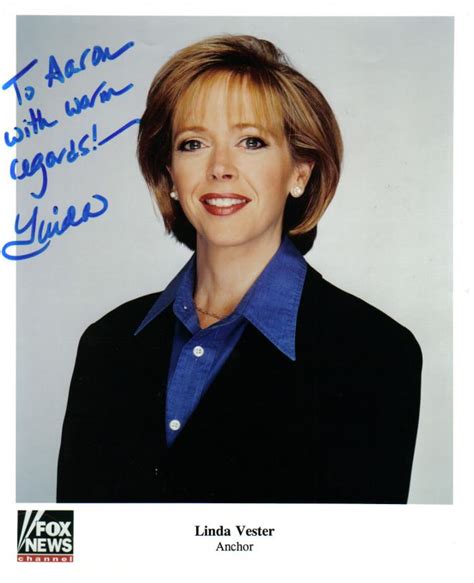A Quote by Victor Garber
I remember the first reading of the script we had and everybody was sitting around the table. I was very impressed with the level of acting that was in the room, particularly with Jennifer who has so much responsibility.
Related Quotes
I remember the first film I reviewed for the Daily was a John Ford Western. I think it was My Darling Clementine, but I am not certain. And I was just impressed by, first, the story itself. I didn't know that much about films. But the acting, the director. And particularly, the cinematography, the black-and-white use of exteriors, I noted particularly.
There was so much going on. I remember a very interesting dinner in the studio of [Robert] Rauschenberg. He had convinced Sidney Janis, Leo Castelli, and a third big gallery man to serve us, the artists, at the table. So they were dressed up as waiters, we were sitting at the table, and they were only allowed to sit down at the end of the table for the cognac. This is not possible now.
I remember being a little kid sitting in the living room with my brother and some friends from around the neighborhood, and I would sit at the piano and as they were running around the room doing different things and being silly, acting out, I would actually play the score for it - the music that went along with it.
You know, I had a new kind of thought on Black Lives Matter and the All Lives Matter thing. And the best way to explain it is if we're all sitting around at a table having dinner, and everybody gets pie except for you and you say, my pie matters, I don't have pie, and everybody at the table looks at you and says, I know, all pie matters, it shows that the people at the table aren't really listening.
One day I saw a picture of the Buddha on a Buddhist magazine and he was sitting on the grass, and he was sitting on the grass, very peaceful, smiling, and I was impressed. Around me people were not like that, so I had the desire to be someone like him. I nourished that kind of desire until the age of sixteen, when I had the permission from my parents to go and ordain as a Buddhist monk.
Really it's all about what's inside the Superman suit. How you feel about yourself when you put that on because it's very revealing and very imposing if worn with confidence, I suppose. The first time I wore it, I didn't have that as much. I hadn't really trained any, yet. I hadn't read the script, I hadn't really worked on the character at that point. And I was standing around with a room full of costume designers and everybody was judging me right away and going, "Don't make your judgment on it, if this is Superman quite yet or not," because I hadn't done all the work that I would later do.
The thing about TV is that it's great work for directors because the responsibility is not ours at all. In a movie, you choose a movie, and everybody points his or her finger at you afterward. It doesn't matter how much influence you had on the script, how much decision you had, or the fact that you didn't have final cut.
